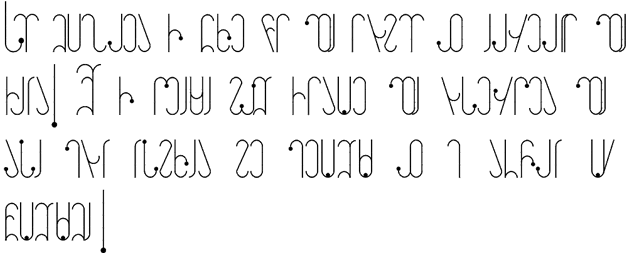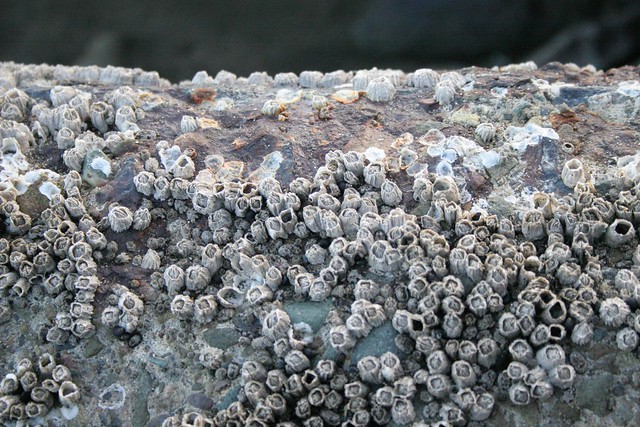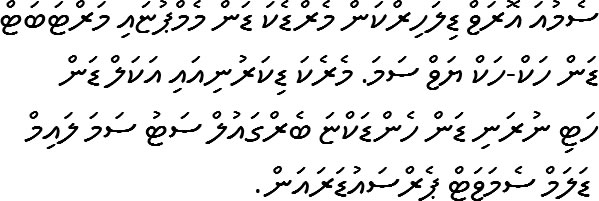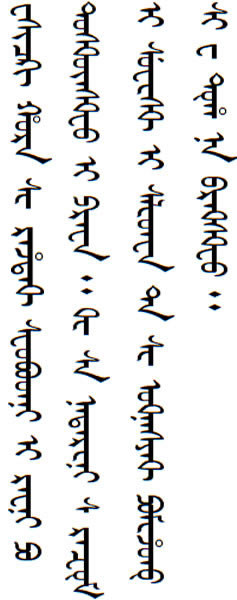Podcast: Play in new window | Download

Here’s the latest news from the world of Omniglot.
There are new language pages about:
- Kagate / Syuba (स्युबा), a Tibetic language spoken in Bagmati Province in eastern Nepal.
- Chaná (Lanték Yañá), a Charruan language spoken in Argentina.
- Chocha Ngacha (ཁྱོད་ཅ་ང་ཅ་ཁ་), a Tibetic language spoken in eastern Bhutan.
New constructed script: Sonos, an alternative phonetically-based script for English devised by C. Seguin and inspired by the Shavian alphabet.

New English spelling system: New Franklin Alphabet (Nju Fraŋklin Alfybet), an alternative way to write English devised by Haley Wakamatsu and based on Benjamin Franklin’s Phonetic Alphabet.
New numbers pages:
- Kagate / Syuba (स्युबा), a Tibetic language spoken in Bagmati Province in eastern Nepal.
- Korku (कोरकू), a Munda language spoken mainly in the states of Madhya Pradesh and Maharashtra in central India.
- Malinaltepec Tlapanec (Me̱ꞌphaa Mañuwìín), a variety of Tlapanec, an Oto-Manguean language spoken mainly in Guerrero in southern Mexico.
There’s a new Omniglot blog post entitled Lady Gunilda about the origins of the word gun, and there’s the usual Language Quiz. See if you can guess what language this is:
Here’s a clue: this is an International Auxiliary Language based on Romance languages.
The mystery language in last week’s language quiz was Khasi (Ka Ktien Khasi / ক ক্ত্যেন খসি), an Austroasiatic language spoken mainly in Meghalaya state in northeastern India.
In this week’s Celtic Pathways podcast, we discover the soft and tender Celtic roots of the word Bog.
On the Celtiadur blog there’s a new post about words for Bees and related beasts, and I made improvements to the posts about words for Lord, Ruler and To Read.
Improved page: Timbisha, Tiwi and Tlapanec language pages.
For more Omniglot News, see:
https://www.omniglot.com/news/
https://twitter.com/Omniglossia
https://www.facebook.com/groups/omniglot/
https://www.facebook.com/Omniglot-100430558332117
You can also listen to this podcast on: Apple Podcasts, Amazon Music, Stitcher, TuneIn, Podchaser, PlayerFM or podtail.
If you would like to support this podcast, you can make a donation via PayPal or Patreon, or contribute to Omniglot in other ways.
Radio Omniglot podcasts are brought to you in association with Blubrry Podcast Hosting, a great place to host your podcasts. Get your first month free with the promo code omniglot.







